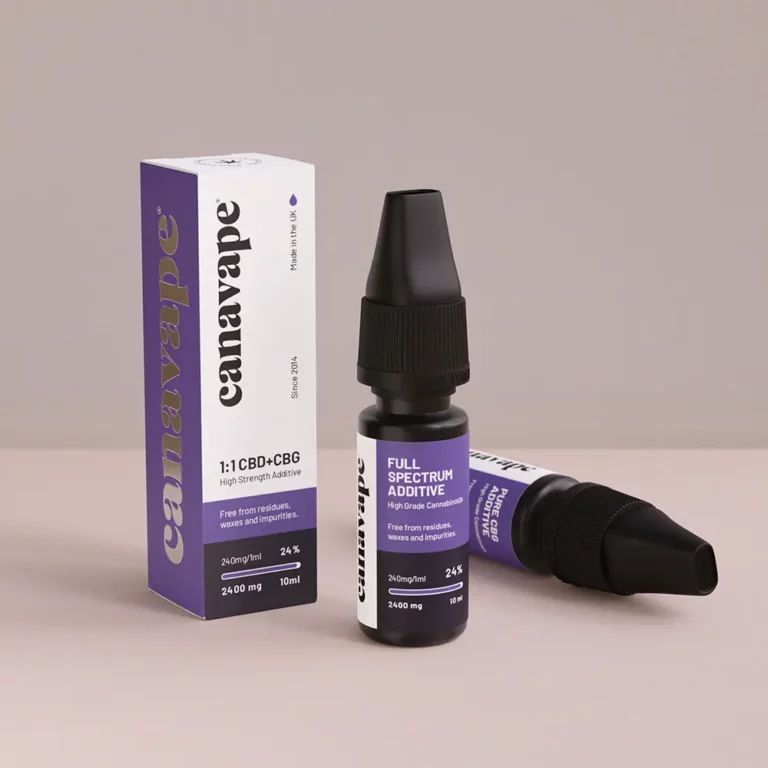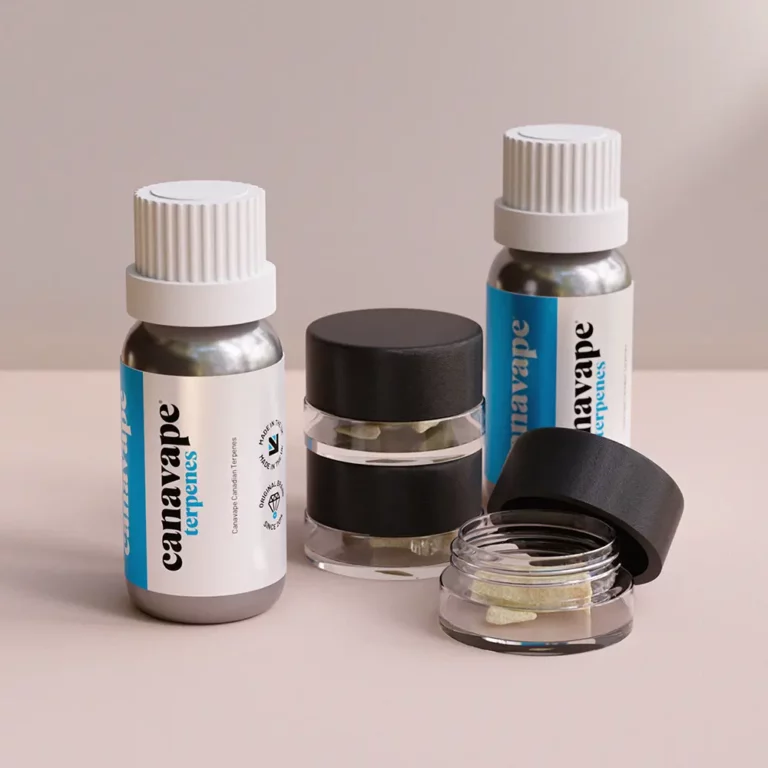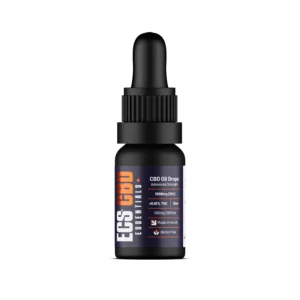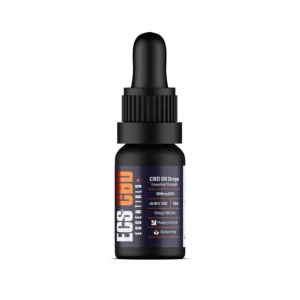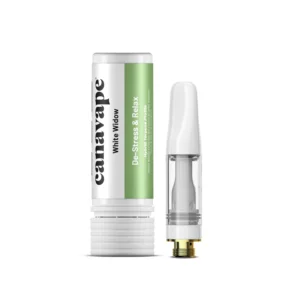As the interest in alternative treatments for various health conditions continues to grow, many people are turning to CBD oil as a potential solution for managing symptoms associated with Parkinson’s disease. Parkinson’s disease is a neurodegenerative disorder that affects movement and can cause tremors, stiffness, and difficulty with balance and coordination. While research on the specific effects of CBD oil on Parkinson’s disease is still in its early stages, there is growing evidence to suggest that it may offer some potential benefits for patients.
The Background:
Parkinson’s disease is caused by a loss of dopamine-producing cells in the brain, which leads to a disruption in the communication between the brain and the body. Dopamine is a neurotransmitter that plays a crucial role in regulating movement, mood, and cognition. Traditional treatments for Parkinson’s disease often involve medications that aim to replace or mimic dopamine in the brain, but these medications can have side effects and may become less effective over time.
The Role of CBD Oil:
CBD, or cannabidiol, is one of the many compounds found in the cannabis plant. Unlike THC, another well-known compound found in cannabis, CBD does not have psychoactive effects, meaning it does not cause a “high.” CBD has gained attention for its potential therapeutic properties, including its anti-inflammatory, analgesic, and neuroprotective effects.
Studies suggest that CBD may interact with the endocannabinoid system, a complex network of receptors and chemicals in the body that helps regulate various physiological processes, including pain, mood, and inflammation. By interacting with these receptors, CBD may help modulate the release of certain neurotransmitters, potentially alleviating some of the symptoms associated with Parkinson’s disease.
Potential Benefits of CBD Oil for Parkinson’s Patients:
While more research is needed to fully understand the effects of CBD oil on Parkinson’s disease, some studies and anecdotal evidence suggest that it may offer several potential benefits for patients:
- Reduced Tremors: Tremors are a common symptom of Parkinson’s disease, and some studies have shown that CBD may help reduce the frequency and severity of these tremors.
- Improved Sleep: Parkinson’s disease can disrupt sleep patterns, and CBD may help promote better sleep quality and reduce insomnia.
- Pain Relief: CBD’s analgesic properties may help alleviate pain and discomfort associated with Parkinson’s disease.
- Reduced Anxiety and Depression: Parkinson’s disease can also cause anxiety and depression, and CBD may have anti-anxiety and antidepressant effects.
- Neuroprotective Effects: Some research suggests that CBD may have neuroprotective properties, which could potentially slow down the progression of Parkinson’s disease.
Important Considerations:
While CBD oil shows promise as a potential treatment for Parkinson’s disease, it is important to note that it is not a cure, treatment and should never be marketed as one. It should not be used as a replacement for prescribed medications or other therapies recommended by healthcare professionals. It is always advisable to consult with a healthcare provider before incorporating CBD oil or any other alternative treatment into your Parkinson’s disease management plan. Additionally, it is essential to ensure that you are using a high-quality CBD oil product from a reputable source to ensure safety and effectiveness.
In conclusion, while more research is needed to fully understand the effects of CBD oil on Parkinson’s disease, there is growing evidence to suggest that it may offer potential benefits for patients. CBD oil’s anti-inflammatory, analgesic, and neuroprotective properties make it an intriguing option for managing symptoms associated with Parkinson’s disease. However, it is crucial to approach CBD oil as a complementary therapy only and consult with a healthcare professional for personalized advice.



